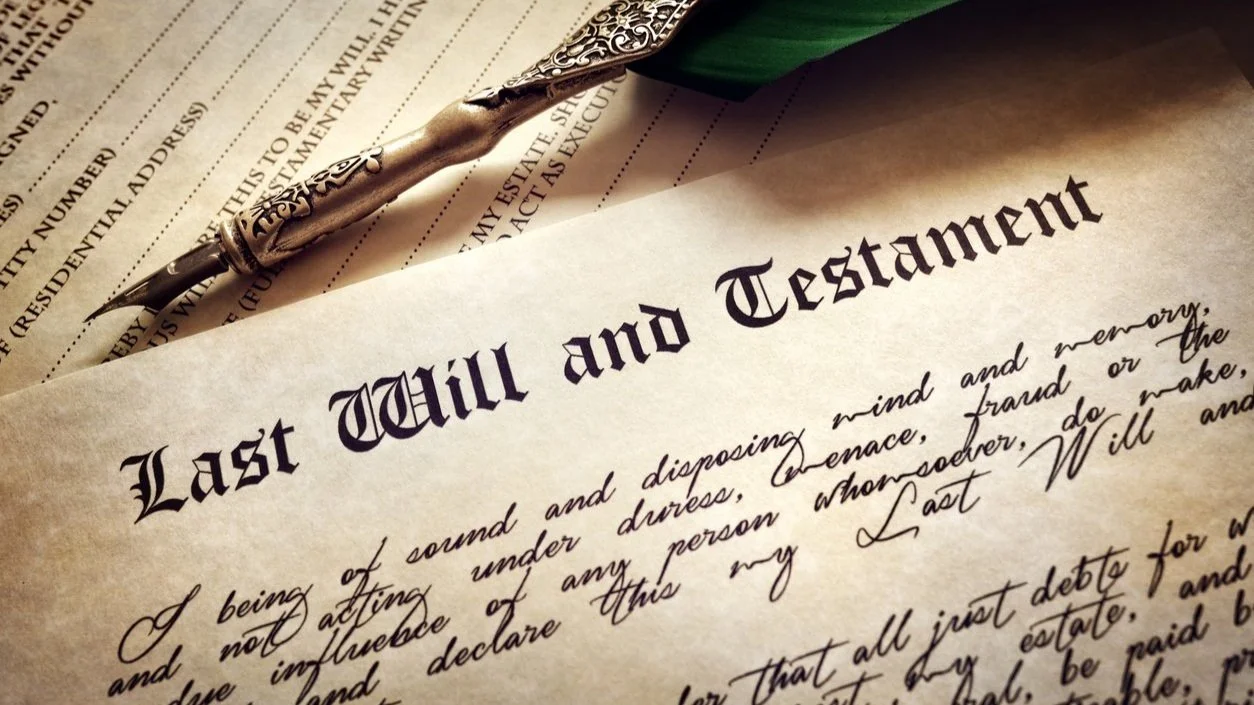What Happens If You Die Without a Will?
Many people put off creating a will, often believing they have plenty of time to get to it or assuming their assets will automatically go to their loved ones. However, dying without a will can lead to a host of complications and unintended consequences. At Insightful Estate Planning, we are committed to helping you understand the importance of having a will and the potential pitfalls of intestate succession.
Intestate Succession
Intestate succession refers to the legal process that determines how a deceased person’s assets are distributed when they die without a valid will. Each state has its own set of laws governing intestate succession, which dictate who inherits the deceased's property and in what proportions.
Typically, the surviving spouse and children are the primary beneficiaries under intestate succession laws. The specific shares can vary widely depending on the state. If there are no immediate family members, extended family such as parents, siblings, nieces, and nephews may inherit. If no eligible relatives can be found, the estate may escheat, meaning it becomes the property of the state.
Understanding Washington’s specific intestacy laws is crucial for grasping the potential impact on your estate.
How Assets Are Distributed
Under intestate succession, assets are distributed according to a predetermined hierarchy. In most states, the surviving spouse receives a significant portion, if not all, of the estate. If there are children, the estate may be divided between the surviving spouse and children. The exact division varies by state and individual circumstances. If there are no surviving spouse or children, parents and siblings are next in line. If there are no immediate family members, more distant relatives such as aunts, uncles, cousins, and grandparents may inherit.
Potential Complications
Dying without a will can lead to numerous complications. Without clear instructions, family members may disagree on how assets should be divided, leading to conflicts and even legal battles. Assets may go to relatives with whom you have a strained or non-existent relationship, rather than those you would have chosen. The probate process can be longer and more complicated without a will, delaying the distribution of assets to your heirs. Legal fees and administrative costs can be higher in intestate cases due to the increased complexity and potential disputes.
Impact on Minor Children
One of the most critical aspects of having a will is the ability to name guardians for your minor children. Without a will, the court will appoint a guardian for your minor children, which may not align with your wishes. The lack of clear instructions can cause additional stress and uncertainty for your family during an already difficult time. On top of this, family members may disagree on who should be appointed as guardian, leading to further complications and legal disputes.
Why Having a Will is Crucial
Creating a will is essential for several reasons. A will allows you to specify exactly how you want your assets distributed, ensuring your wishes are honored. You can name trusted individuals as guardians for your minor children, providing peace of mind that they will be cared for according to your wishes. Clear instructions in a will can help prevent disputes among heirs and reduce the potential for legal battles. A will can streamline the probate process, reducing delays and administrative costs. You can include provisions for charitable donations, allowing you to support causes you care about even after your death.
At Insightful Estate Planning, we understand the importance of having a will and are here to guide you through the process. Contact us today to schedule a consultation and take the first step toward securing your future and protecting your loved ones.

